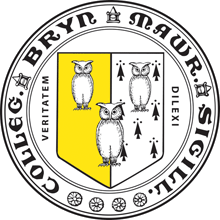Welcome to the G Davis Lab!
Undergraduate students in my lab at Bryn Mawr College study environmentally cued, discrete, alternate phenotypes exhibited by the pea aphid, Acyrthosiphon pisum. The remarkable developmental plasticity of this insect presents an opportunity to examine divergent developmental processes that are somehow directed by a single genome and cued by the environment. Our focus is the reproductive polyphenism, in which differences in day length determine whether mothers will produce daughters that reproduce either sexually by laying fertilized eggs, or asexually by allowing oocytes to complete embryogenesis within the mother without fertilization. Oocytes and embryos that are produced asexually and develop within the mother develop more rapidly, are yolk-free, and much smaller than oocytes and embryos that are produced sexually. We are interested in two general questions, both of which concern developmental differences between the sexual and asexual morphs and their means of reproducing: 1) How have the molecular mechanisms of pattern formation adapted to the dramatically modified version of oogenesis and embryogenesis that occurs within asexual mothers?, and 2) What is the nature of the molecular switch that specifies sexual versus asexual fate during embryonic development? We are also interested in the historical roles aphids have played in the development of genetics and embryology during the early 20th century.


